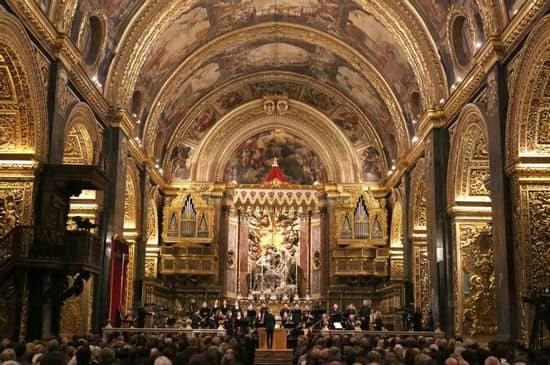Motets pour le Roi
Can music not be political in the 17th century when its development is so intimately linked to the state? Great music is above all the ‘King’s music’, the music that is played for the king and at the king’s home: at the court and at the Chapel.
Henry Du Mont was one of the eminent architects of the time. Originally from Liège, he arrived in Paris around 1640 and gradually climbed the ladder that led him to the closest to Louis XIV: at the service of the king’s brother at the beginning, his success quickly led him to occupy more and more important positions until he finally became the composer of the music of the Chapel, and the Queen’s music master. It is at the closest of the power that he forges the form of the great motet, transposition of the great frescoes conceived for the extraordinary ceremonies, which becomes the musical seal of France in a Europe where the chapels compete in musical inventiveness and in pomp as a fight of political influence, a soft power before the hour.
In contrast to this rise to power, Charpentier evolved far from the King’s music, serving the very religious Mlle de Guise for twenty years. But he was nonetheless very much appreciated by Louis XIV and attempted the competition for the position of sous-maître de la Chapelle: suspecting the methods in force and the games of influence for this eminently coveted position, he finally called in sick. It is far from the spheres of power, but nevertheless to its glorification, that he composed the very famous Te Deum H146, most probably written to celebrate the Victory of Steinkerque of 1692. This powerful fresco, whose prelude opens with the martial rhythms of timpani and trumpets, symbolizes in itself the Great Century of the arts, but also of war, of Louis XIV.
♢
Program
Marc-Antoine Charpentier – Ouverture pour quelque belle entreprise H.540
Henry Du Mont – Memorare O piissima Virgo Maria
Marc-Antoine Charpentier – Symphonie du Kyrie de la Missa Assumpta est Maria H.11
Marc-Antoine Charpentier – Salve regina à trois choeurs H.24
Henry Du Mont – Super flumina Babylonis
Marc-Antoine Charpentier – Messe pour les Trépassés H.2
Marc-Antoine Charpentier – Ouverture pour le sacre d’un évêque H.536
Marc-Antoine Charpentier – Te Deum H.146
